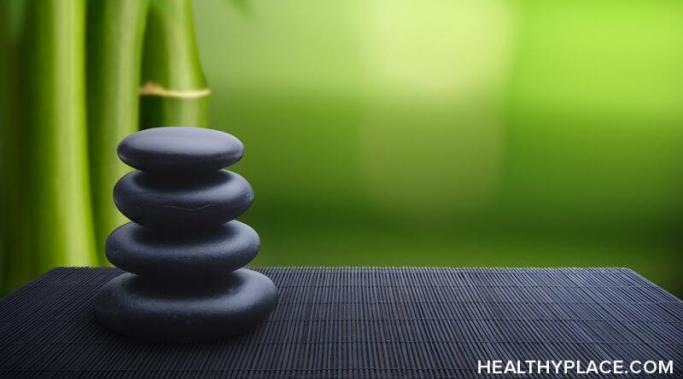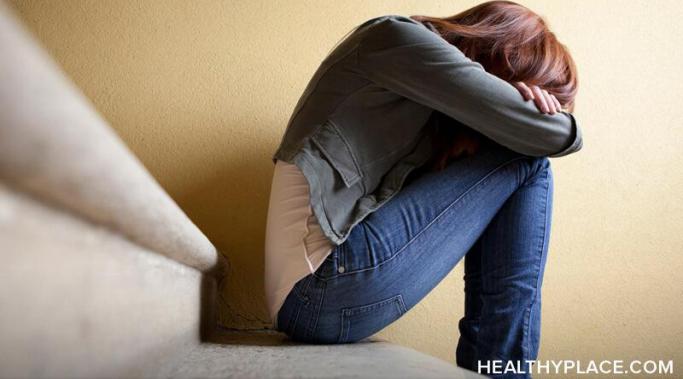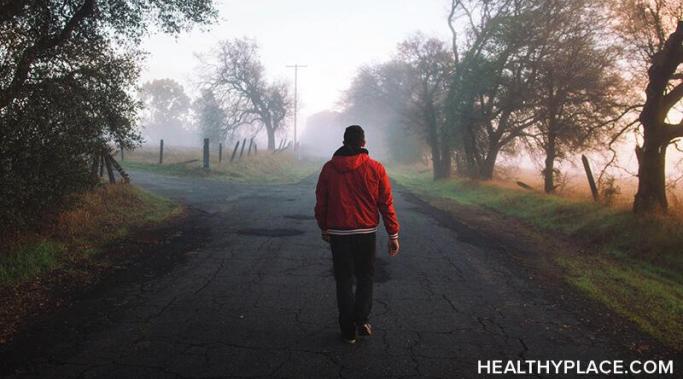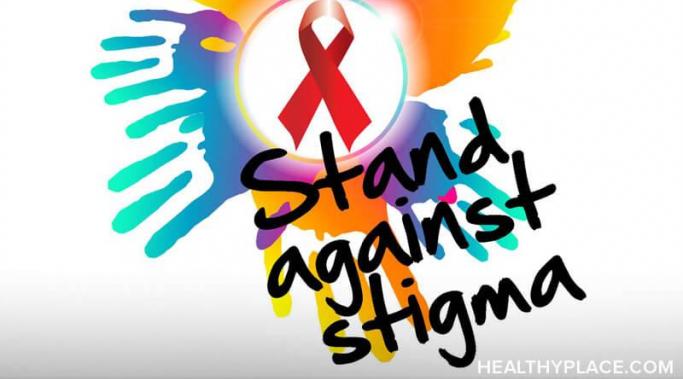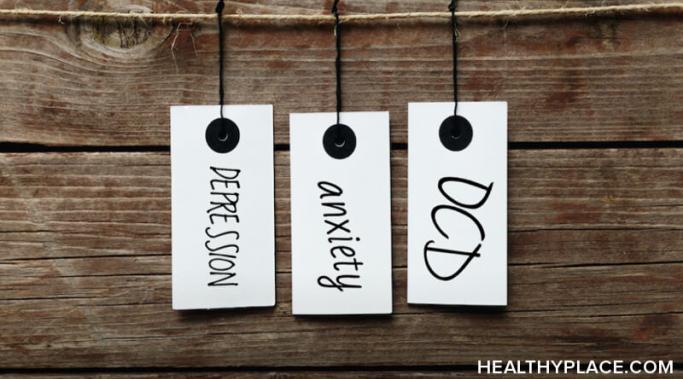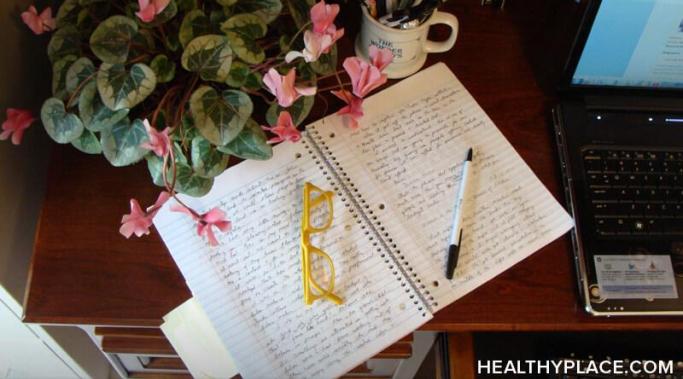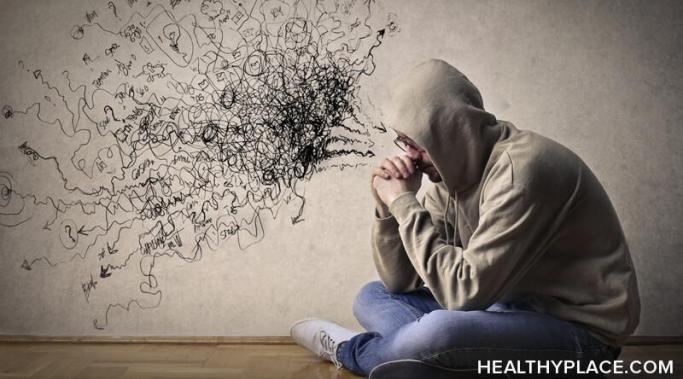This month, I've had some serious challenges with my mental health, but I've responded to these challenges in much healthier ways than I have in the past, which means I am celebrating small recovery wins. Even if these things might not seem worth celebrating to others, I know that for me, they are a big deal, and I'm going to treat them that way.
Coping Skills
I've come up with many different mantras for recovery in the past few years, and even though it might feel like they're just words, I've noticed that they actually make a huge difference in how I feel about myself and my recovery journey. Today I want to share some of those mantras with you, and I hope at least one of them strikes a chord with you. If you find one you like, try repeating it to yourself any time your recovery is challenged, or even just when you get up in the morning and go to bed at night. These mantras for recovery are now yours; use them however you need.
For most of my childhood, I used reading to cope with trauma. This might not sound like a bad thing, and it wasn't entirely, but it came with a couple of big problems. Coping mechanisms develop as a way for us to protect ourselves, to survive despite threats to our wellbeing or identity. However, these coping mechanisms can get in the way of real connection.
Recently, my therapist suggested that I look into how to use emotional freedom technique (EFT) tapping in recovery to see if it was something I might be interested in trying. Now, it's one of my favorite coping techniques and I think it's going to make a big difference in my trauma work. If you haven't heard of EFT tapping, it involves tapping on specific points while speaking phrases of acceptance.
A few nights ago, I used a crisis text line for the first time. I had no idea what to expect; I just knew I was in too dark of a place to really manage it on my own anymore. So I reached out, and I'm really glad I did. (Note: This post has a trigger warning.)
Having undiagnosed mental health issues is really hard; I'm not going to lie. For so many years, I have craved having a distinct, definitive mental health diagnosis, but it just never seems to happen. I've had several diagnoses over the years, but none of them have ever really felt right. Sometimes I wonder if I'm the problem, if nothing will ever feel right for me.
For many people with mental illness, mental health medication and recovery go hand in hand. Unfortunately, psychiatric medication comes with a lot of stigma and stress. There are a lot of people who don't understand how psychiatric medication really works or why it's so important for many people in recovery, and their stigmatized view of medication can stick in our brains long after we've heard them say something.
Health anxiety used to be called hypochondria, and it's a highly stigmatized mental health condition. Instead of being taken seriously, health anxiety is often reduced to being "dramatic." I have dealt with health anxiety on and off for the last seven years, and I want to share my experience so others won't have to feel as alone as I have.
Countless times, people have told me that a person can only start to heal if they are ready to do the work themselves. They can't be forced into improving their lives. Despite hearing this message over and over, part of me really thought I could convince other people to heal and "get better" if I just said and did the right thing. This probably comes from a history of being responsible for co-regulating my parents' emotions. I grew up having to say and do the right thing to maintain my worth, and for a long time, that felt normal.
Recovery from mental illness is a long, complicated path, and even though the whole point of recovery is to help us grow, it still comes with limitations, setbacks, and collateral damage. Sometimes, in the midst of all the negatives, I lose sight of the positives, lose sight of hope. And I can't help but wonder, what if I never recover from mental illness?

